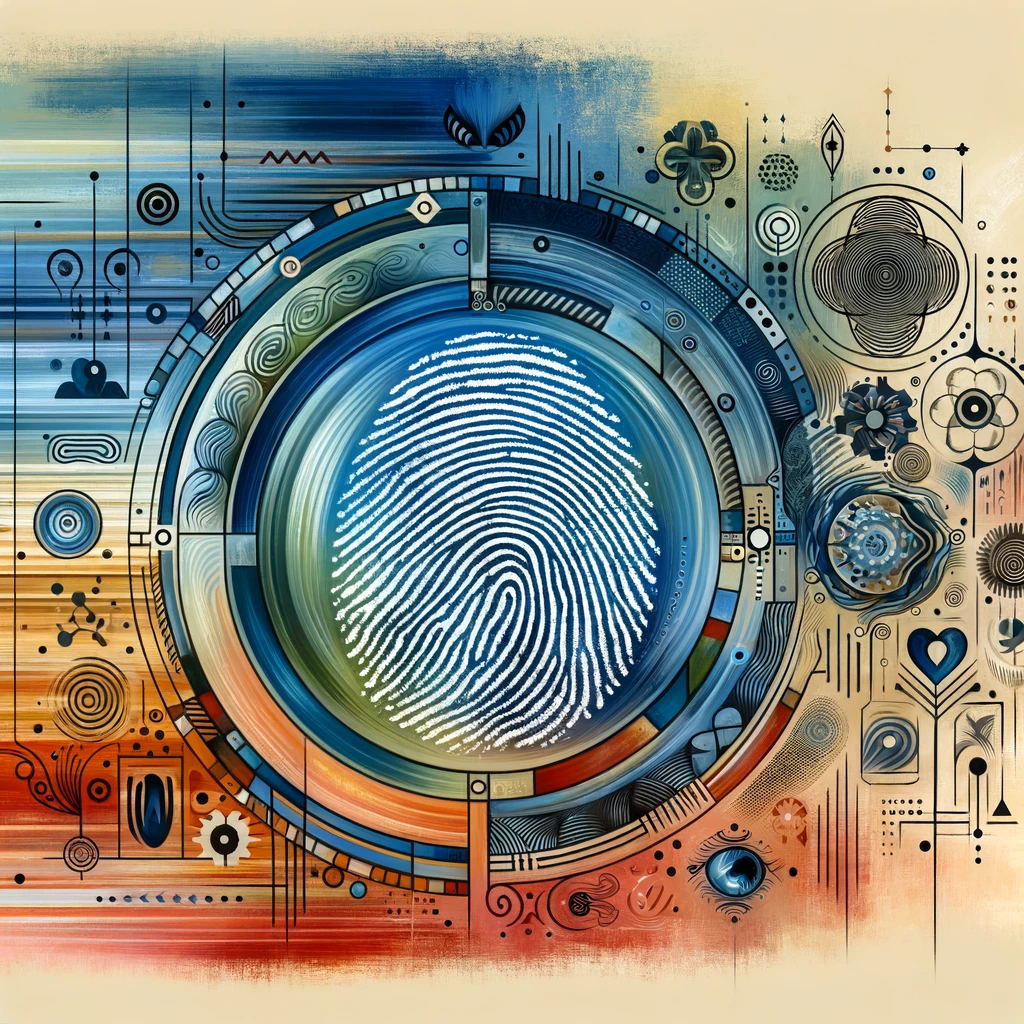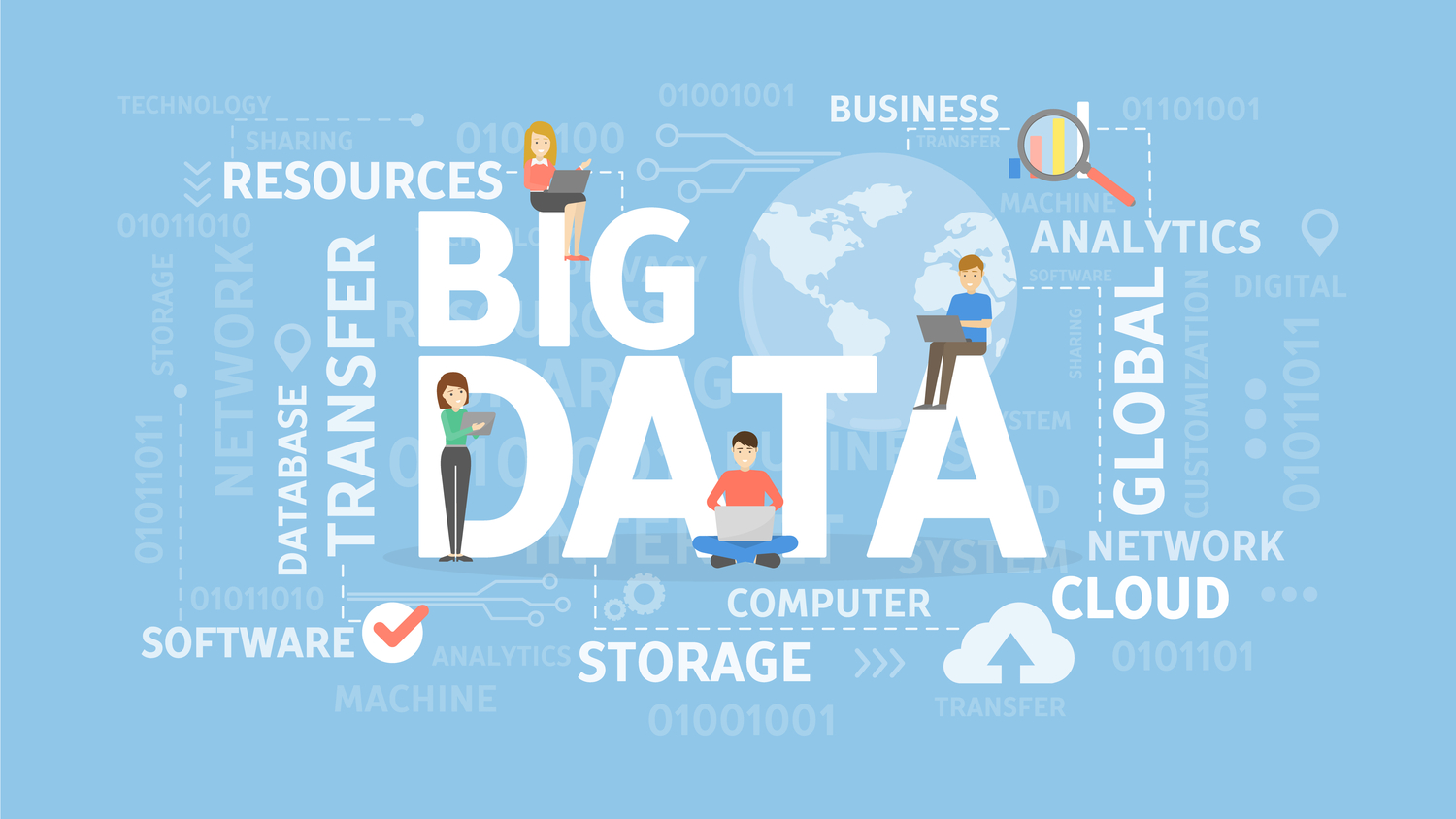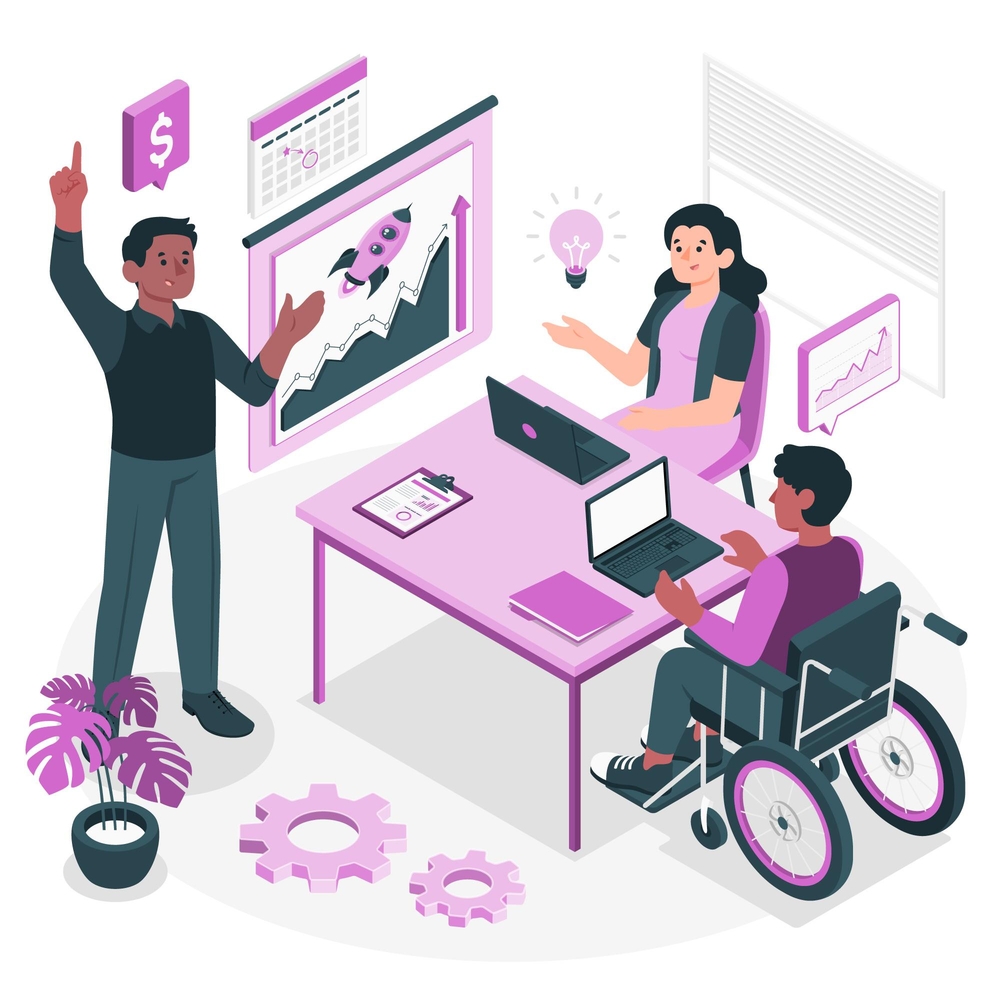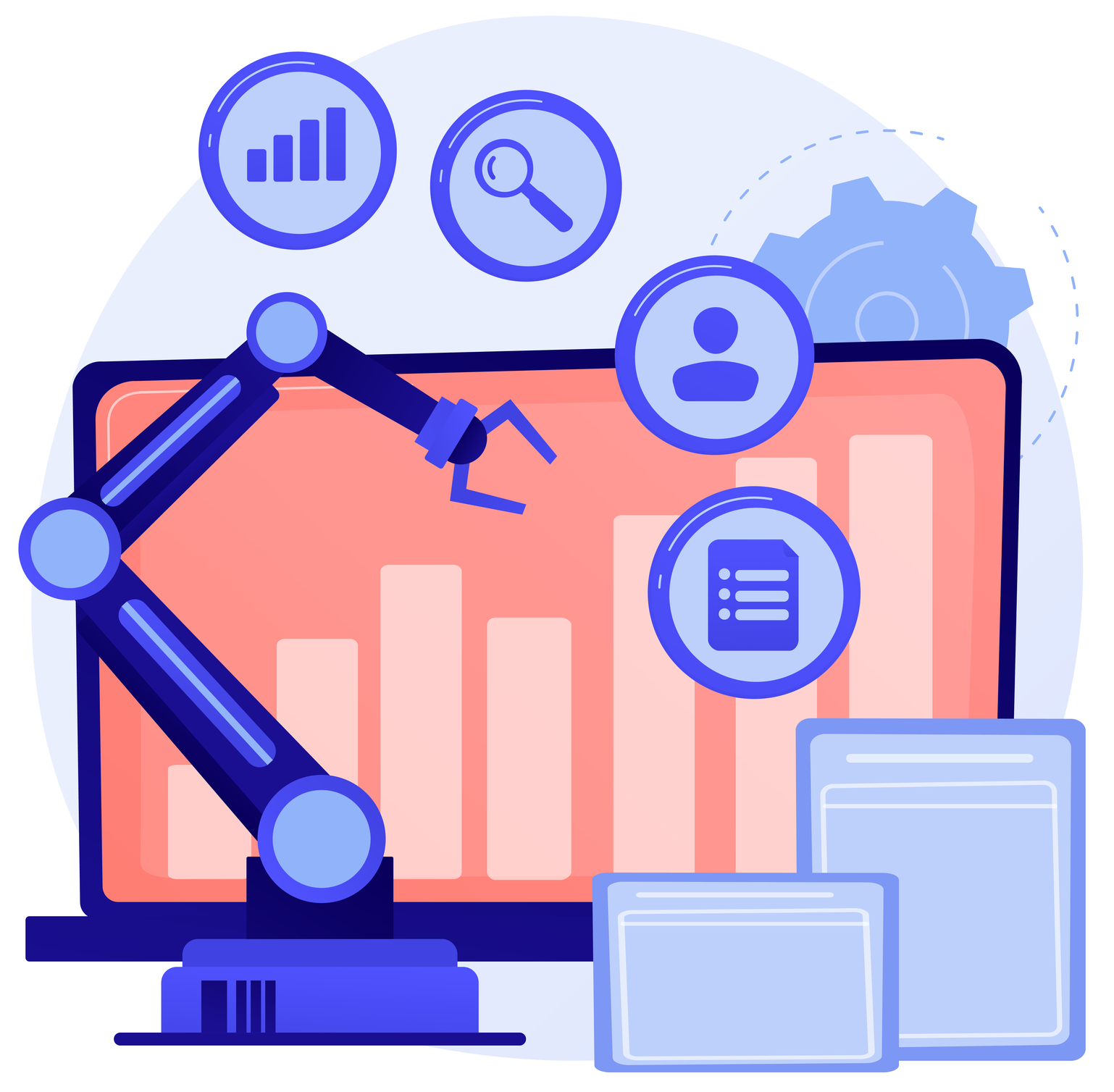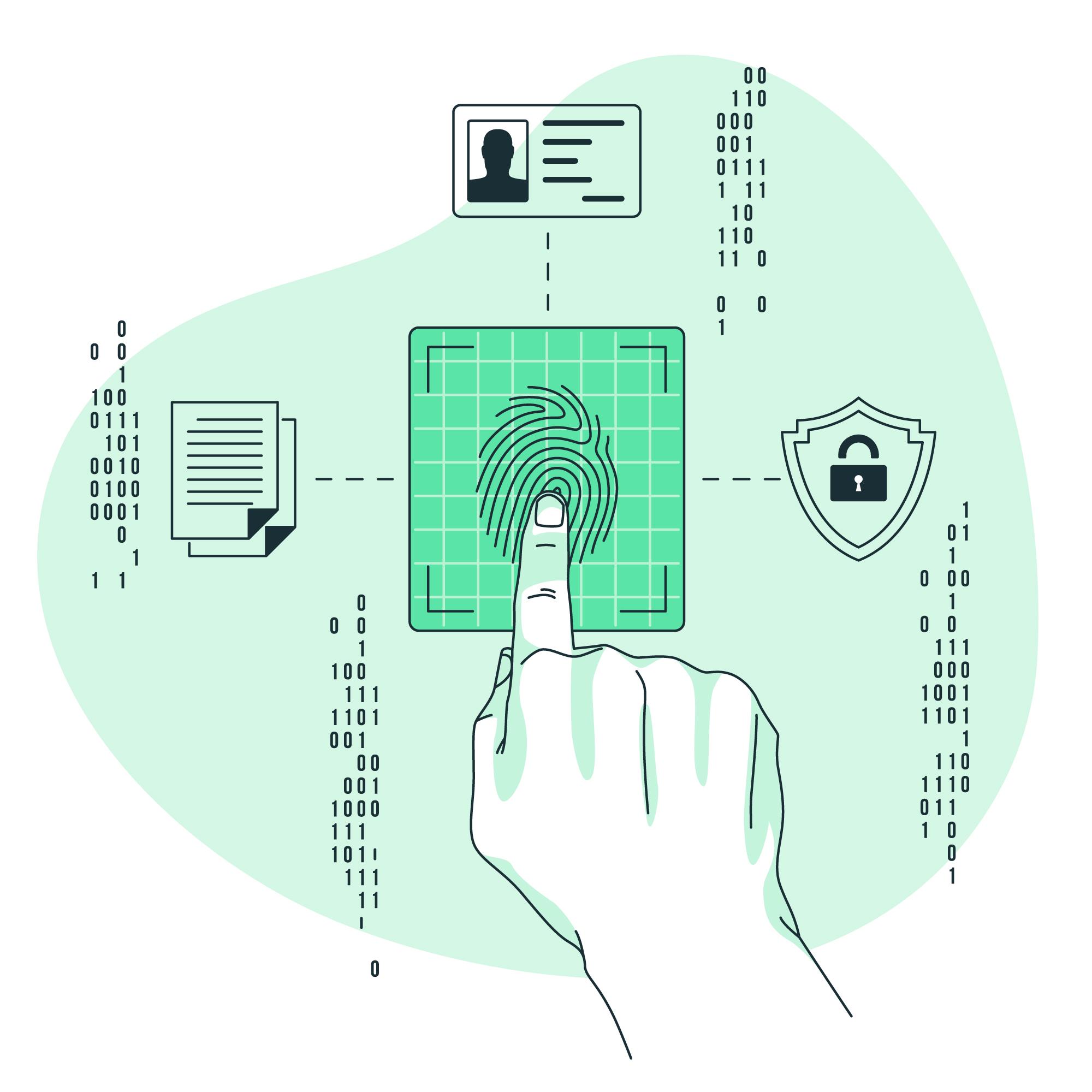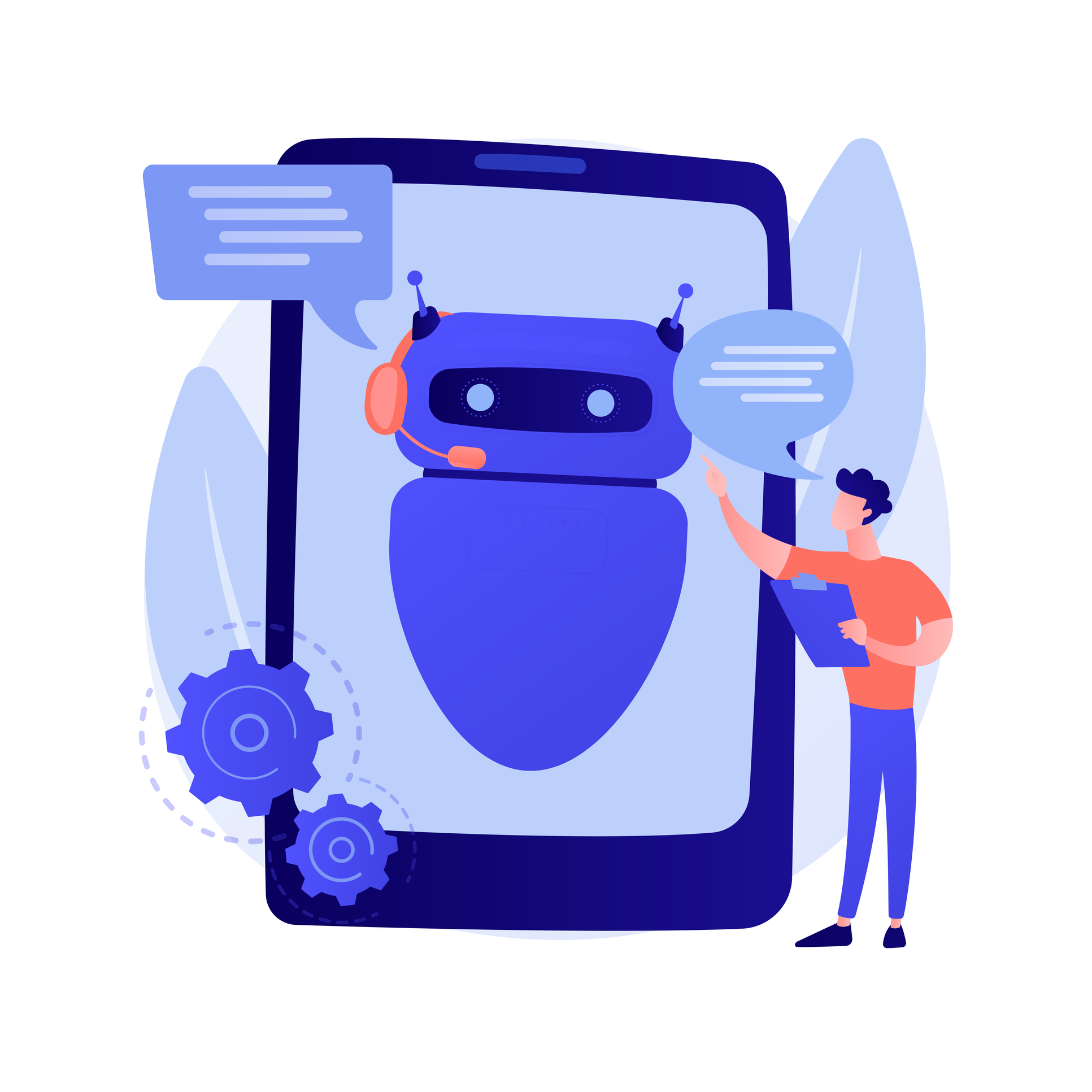In the digital age, security is a paramount concern, leading to a shift from traditional password-based systems to multimodal authentication. This approach layers multiple defense mechanisms, including biometric identifiers like fingerprints, iris scans, voice recognition, and behavioral biometrics, along with knowledge-based factors such as passwords. By integrating these diverse methods, multimodal authentication offers a more robust defense against sophisticated cyber-attacks, enhancing the security and trustworthiness of digital transactions. The evolution from passwords to advanced biometrics marks a significant advancement in authentication methods, addressing the challenges of technological integration, privacy concerns, and balancing security with convenience. This new paradigm in security holds promise for a more secure, efficient, and user-friendly future in digital authentication.
Rabbit AI at CES 2024: Shaping Tomorrow’s Tech Landscape
Rabbit AI promises a future sculpted by innovation. Imagine personalized education, accessible healthcare, and scientific breakthroughs forged in human-AI partnerships. But like any powerful tool, it comes with risks – job displacement, social inequalities, and the insidious creep of AI bias. The key lies in shaping the future, not fearing it. Robust ethical frameworks, user education, and open dialogue are the tools we wield to ensure AI serves humanity, not the other way around. Rabbit AI is not a harbinger of doom, but a sculptor of possibility. Let us wield it with wisdom, ensuring the dance between human and machine plays in harmony, for the benefit of all.
From Commands to Companions: The Rise of Virtual Assistants
Voice technology is reshaping the landscape of human-computer interaction, with virtual assistants like Siri, Alexa, and Google Assistant playing an integral role in our daily lives. This evolution, fueled by speech recognition, natural language processing, and AI, offers unprecedented convenience but comes with challenges. Privacy concerns arise as these virtual assistants continuously collect and analyze voice data, raising ethical considerations regarding algorithmic biases. Striking a balance between efficiency and the need for human connection requires transparent operations, robust security measures, and responsible AI development. As we embrace this paradigm shift, technological advancements, critical dialogue, and ethical considerations are essential for a transformative, voice-driven future that positively shapes our lives.
Bias in Big Data: Navigating Algorithmic Fairness and Equity
Algorithms, integral to today’s data-driven world, can inadvertently perpetuate biases, impacting areas like loan approvals and facial recognition systems, leading to societal inequalities. These biases stem from data collection methodologies, algorithm design, and human decision-making, reflecting incomplete or biased information. Unconscious human biases also seep into algorithm crafting, underscoring the importance of diverse development teams to counteract this effect.
Diverse and inclusive datasets are crucial to address bias in big data analytics. Fairness-aware algorithms and continuous monitoring using fairness metrics help counteract biases. Transparency and explainability in AI systems are essential for identifying and removing biases.
Responsible AI implementation requires ethical frameworks, public awareness, and ongoing research to mitigate bias. It’s imperative to prioritize fairness and equity in the digital realm, ensuring AI contributes to a just and equitable future for all.
Innovative Inclusivity: Tech’s Transformation in Traditional Classrooms
Traditional classrooms can be a challenge for students with disabilities, but inclusive education embraces differences. Technology, such as text-to-speech software and virtual reality, can help students overcome learning gaps and provide more opportunities for them to learn.
Adaptive technology is particularly helpful as it can customize learning experiences to accommodate individual needs. This technology can help create inclusive and diverse learning environments, where all students can learn together.
There are many technology tools available to support inclusive learning, including virtual reality simulations and personalized learning platforms based on Universal Design for Learning principles. However, it is essential that educators receive proper training in order to use these tools effectively.
The future of education depends on technology’s ability to create inclusive classrooms. Collaboration among educators, policymakers, and tech developers is key to unlocking the potential of technology for equitable education.
Robotic Process Automation (RPA): Reshaping Workflows and Innovation in Businesses
In today’s digital landscape, businesses strive for enhanced efficiency and streamlined workflows. Enter Robotic Process Automation (RPA), a game-changing tool revolutionizing operations by automating repetitive tasks previously handled by human employees. By leveraging software robots to execute tasks like data entry and report generation, RPA liberates human potential, enabling focus on higher-value endeavors fostering innovation and strategic thinking. Its diverse applications span industries, from optimizing customer service to driving cost reductions and faster turnaround times. RPA isn’t about replacing humans; it’s about empowering them to transcend mundane tasks and delve into more strategic and innovative initiatives. This technology not only elevates employee roles, such as freeing an accounting professional to analyze financial trends or enabling an HR professional to focus on employee development, but it also enhances customer service through personalized interactions and round-the-clock availability. Moreover, RPA creates opportunities for upskilling and collaboration, fostering a future where humans and technology collaborate seamlessly to achieve remarkable feats.
The Quest for Trustworthy Digital Identity: Innovations, Risks, and Inclusivity
In today’s digital governance, digital identity serves as the gateway to streamlined government services, promising convenience but raising concerns about privacy and inclusion. The debate between centralized and decentralized systems persists, while biometrics and blockchain emerge as solutions. While these innovations promise efficiency, bridging the digital divide is crucial for inclusivity. To build trust, governments must prioritize data protection, transparency, and community engagement. Collaborative efforts among governments, tech firms, and society are vital in shaping a secure, transparent, and inclusive digital identity landscape for all.
Demystifying AI: Bridging the Explainability Gap in Neural Networks
Explore the enigmatic world of artificial intelligence as we delve into the profound intricacies of neural networks. Unravelling the ‘explainability gap,’ we navigate through the challenges and innovative techniques shaping AI’s decision-making processes. Discover the transformative potential of these advancements, from deciphering complex algorithms impacting critical decisions to unveiling cutting-edge methods that shed light on neural network operations. Join us on this insightful journey, redefining the relationship between technology and comprehension, and envision a future where trust, transparency, and human-AI synergy pave the way for a harmonious coexistence.
The Singularity Debate: Superintelligence and Ethical Imperatives
The Singularity’s shadow looms, with promises of boundless progress and unsettling uncertainties intertwined. While AI may reshape our world for the better, solving global challenges and enhancing human capabilities, its unbridled power poses existential risks like “robot takeover” and ethical conundrums like biased algorithms. To navigate this uncharted territory, we must prioritize responsible AI development, ensuring transparency, mitigating bias, and anticipating unintended consequences. Only through informed discourse and ethical governance can we ensure the Singularity paints a future of shared prosperity, not a dystopian tragedy.
AI Chatbots in Human-Computer Interaction: Revolutionizing Engagement and Addressing Challenges
The use of artificial intelligence-powered chatbots that utilize natural language processing represents a significant advancement in the way humans interact with computers. These intelligent systems, which are based on advanced NLP and machine learning, go beyond traditional interfaces, ushering in a new age of intuitive and personalized experiences. The fact that they are being widely implemented across various industries such as healthcare, education, and customer service highlights their potential for transformation. However, despite revolutionizing engagement, they are faced with challenges such as natural language comprehension, algorithmic biases, data security, and empathetic interaction, which require strategic solutions. To navigate these challenges and ensure responsible integration, it is essential to have ethical guidelines and continuous advancements. The combination of AI chatbots and emerging technologies such as AR and VR creates opportunities for more immersive and user-centric experiences. By adopting ethical development practices, we can create a future where human-computer interaction is not only innovative but also guided by ethical considerations and user preferences.
